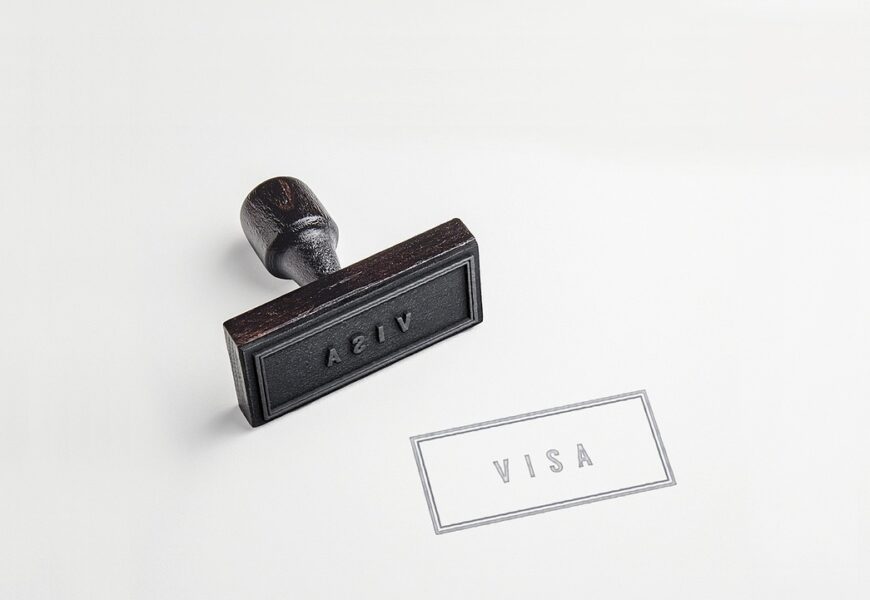Navigating Thailand’s visa system can be complex and challenging for travelers and expatriates seeking to explore or reside in this vibrant Southeast Asian destination. With multiple visa categories, intricate regulations, and frequently changing immigration policies, understanding the nuanced landscape of Thai visas requires comprehensive knowledge and careful planning. Whether you’re a digital nomad, retiree, student, or business professional, selecting the appropriate visa is crucial for a smooth and legal entry into the Kingdom of Thailand.
This comprehensive guide will demystify Thailand’s visa options, providing detailed insights into application processes, requirements, duration, and essential considerations for different visa types. From short-term tourist permits to long-term retirement and work visas, we’ll explore every aspect of Thailand’s immigration framework to help you make informed decisions about your travel or residency plans.
Tourist Visa Options and Requirements
Thailand offers several tourist visa categories designed to accommodate different travel durations and purposes. The most common options include visa-exempt entry, visa-on-arrival, and pre-arranged tourist visas. For many nationalities, visa-exempt entry allows a 30-day stay without prior application, typically granted upon arrival at international airports or land borders. This convenient option is perfect for short-term travelers wanting to explore Thailand’s diverse landscapes and cultural experiences.
Travelers seeking longer stays can apply for tourist visas at Thai embassies or consulates before departure. The standard tourist visa allows a 60-day stay, with possibilities for extension. Applicants must provide proof of sufficient funds, return ticket, and valid passport with at least six months remaining. Typically, tourists must demonstrate approximately 20,000 Thai Baht (or equivalent) in financial resources to qualify. Processing times vary by country, but most embassies require 5-10 business days for standard tourist visa applications.
Non-Immigrant Visa Categories
Non-immigrant visas cater to specific purposes such as work, education, retirement, and business activities. The most popular categories include the Non-Immigrant B (business), Non-Immigrant ED (education), and Non-Immigrant O (retirement/family). Each category has unique requirements and documentation standards. Business visas typically demand corporate sponsorship, work permit documentation, and proof of professional qualifications, while retirement visas require applicants to be over 50 years old and meet specific financial thresholds.
The Non-Immigrant O retirement visa, for instance, mandates a minimum monthly income of 65,000 Thai Baht or a bank deposit of 800,000 Baht. Applicants must provide comprehensive medical insurance and undergo annual renewal processes. These visas offer multiple-entry privileges and can be extended within Thailand, providing flexibility for long-term residents seeking stable immigration status.
Work Permits and Professional Visas
Obtaining a work permit in Thailand involves a multi-step process requiring collaboration between the employee, employer, and government agencies. Foreign professionals must secure a job offer from a Thai company, which then sponsors their work permit and non-immigrant visa. The employer must demonstrate that the position cannot be filled by a Thai national and meet specific investment or employee ratio requirements.
Typical documentation includes educational certificates, professional credentials, criminal background checks, and comprehensive health examinations. Work permits are typically valid for one to two years and must be renewed periodically. Industries like technology, education, and international business have streamlined processes, but strict regulations ensure that foreign workers meet high professional standards.
Education and Student Visas
Student visas provide opportunities for international learners to study at Thai educational institutions, ranging from language schools to universities. To qualify, applicants must secure admission to an accredited program and provide proof of enrollment. The Non-Immigrant ED visa allows students to remain in Thailand for the duration of their academic program, with possibilities for part-time work under specific conditions.
Language schools offer shorter-term study options, typically providing six-month visas renewable through continued enrollment. Universities and professional training programs often provide more extended visa arrangements. International students must maintain good academic standing and report their educational status to immigration authorities regularly.
Long-Term Residence and Investment Visas
Thailand has introduced sophisticated long-term residence programs targeting high-skilled professionals, wealthy investors, and individuals contributing to the national economy. The Thailand Elite Visa program offers premium residency options with durations ranging from 5 to 20 years. These exclusive packages provide streamlined immigration processes, multiple-entry privileges, and additional lifestyle benefits.
Investment visas require substantial financial commitments, such as significant real estate investments, government bond purchases, or business establishment in priority economic sectors. The Board of Investment (BOI) and other government agencies offer specialized visa tracks for entrepreneurs and investors meeting specific criteria. These programs aim to attract global talent and stimulate economic development.
Visa Application Tips and Best Practices
Successfully navigating Thailand’s visa landscape requires meticulous preparation and understanding of current regulations. Always maintain updated documentation, monitor visa expiration dates, and be prepared for potential policy changes. Consulting with immigration lawyers or experienced visa consultants can provide personalized guidance tailored to individual circumstances.
Digital resources, official government websites, and reputable immigration forums offer valuable, current information. Travelers should verify requirements with official Thai embassies or consulates, as regulations can change rapidly. Maintaining transparency, providing accurate documentation, and respecting immigration laws are essential for a smooth and enjoyable experience in Thailand.









